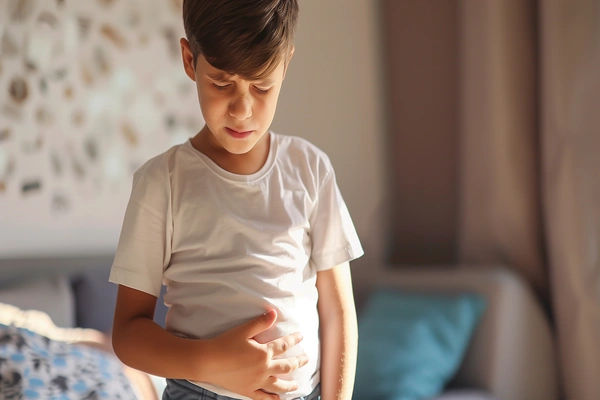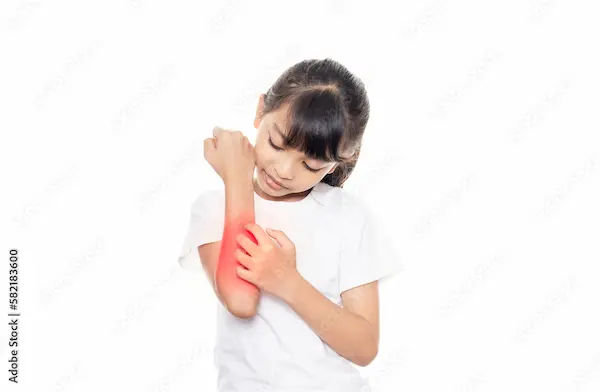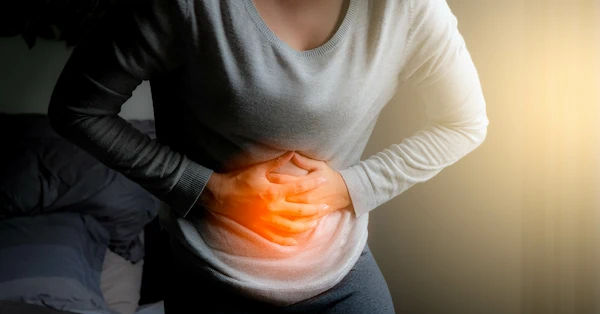- Female
- 1 Years
- 23/01/2025
My little girl is just over a year, and she's really healthy and active, but I've noticed she's peeing a lot, like 15 to 20 times a day. Is this something to worry about? Would appreciate your thoughts on this.
Answered by 1 Apollo Doctors
Thats common and no need to worry,if you have any doubt visit pediatrician for evaluation and appropriate management.
Dr. Ranjith Suggests...
Consult a Paediatrician
Answered 04/07/2025
0
0

More Paediatrics Health Queries
View allMy daughter has been dealing with bronchitis for the past six months. I'm really worried and would love to know how we can help her recover from this. Could you also suggest a suitable diet for her during this time?
See a specialist for accurate diagnosis and targeted treatment.
read more![Doctor 1]()
![Doctor 2]()
Answered by 1 Apollo Doctors
I'm really worried about my daughter who's been struggling with pneumonia for the last six years. She had a really bad attack and was admitted to the hospital. Over the past two years, she's been having chest pain and coughs a lot, especially when someone taps on her back. Should I be concerned about these symptoms? What do you think might be causing this, and are there any specific steps I should be taking to help her get better?
pneumonia doesn't last for this long. do one chest xray
read more![Doctor 1]()
![Doctor 2]()
Answered by 1 Apollo Doctors
I'm currently breastfeeding and have been prescribed Amoxyclav 625 for pharyngitis. I'm really worried about whether it's safe to use while nursing. Could it affect my baby? If it's not safe, what other antibiotics could I take instead?
Visit your Physician for evaluation and appropriate management
read more![Doctor 1]()
![Doctor 2]()
Answered by 1 Apollo Doctors
Disclaimer: Answers on Apollo 247 are not intended to replace your doctor advice. Always seek help of a professional doctor in case of an medical emergency or ailment.





